Swiss scientists share Brexit concerns
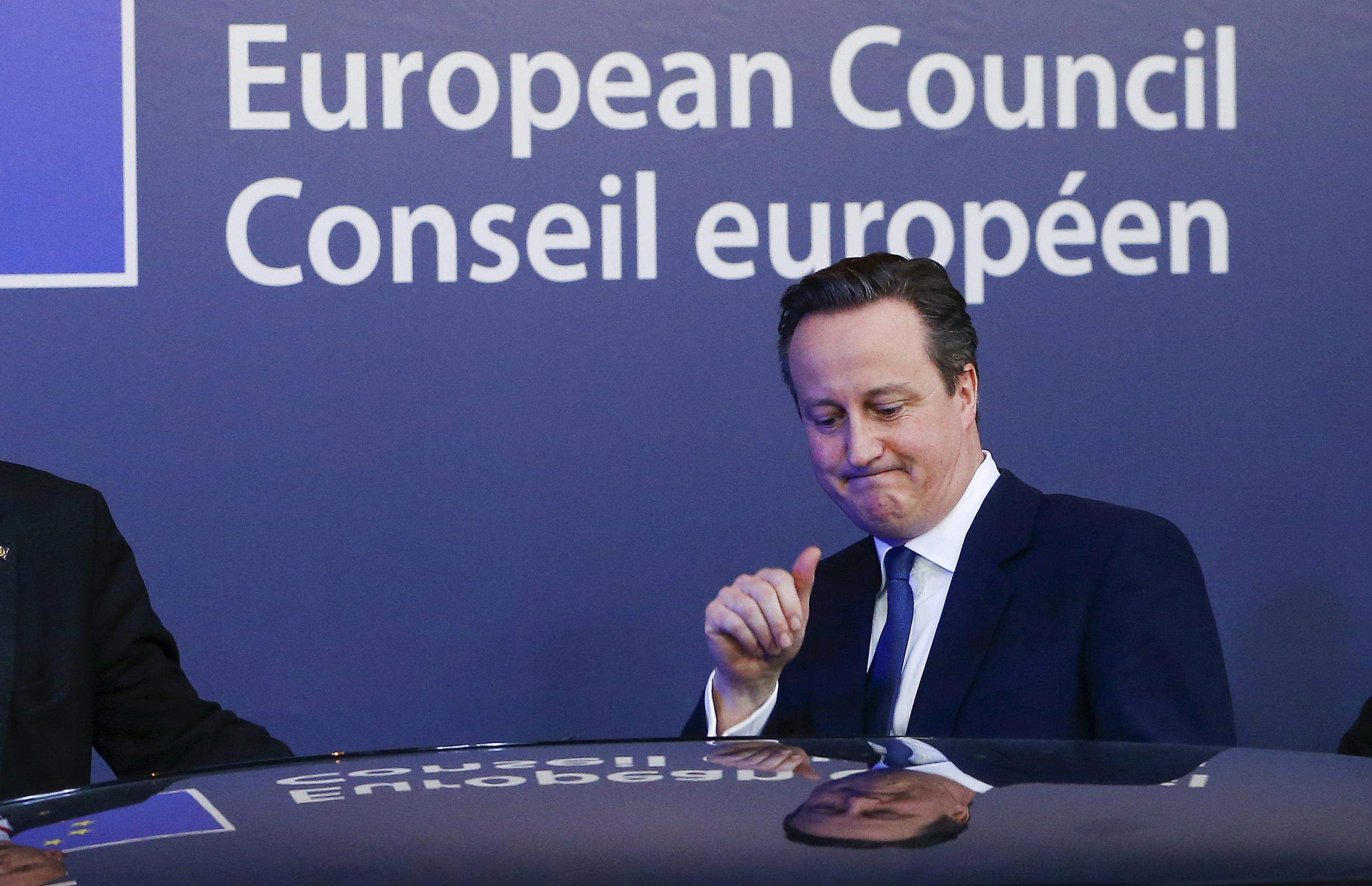
What could a Brexit mean for the United Kingdom’s higher education, research and student mobility? Switzerland offers some clues.
The stakes are high as the UK prepares to hold a so-called Brexit referendum on June 23 on whether to stay or leave the European Union. The two sides remain divided.
In the leave camp Scientists for Britain argue that the UK could gain all the scientific benefits of EU membership from outside the bloc. It highlights countries like Switzerland and Israel, which are associated states rather than full members and yet have proper access to EU research programmes.
But opponents warn a Brexit could have serious consequences. In March, physicist Stephen Hawking and over 150 fellows of the Royal Society, the UK’s premier scientific institution, wrote to The Times newspaper saying a Brexit would be a ‘disaster for UK science’. They also use Switzerland as an example.
‘Switzerland pays into the EU and was a popular destination for young scientists. It now has limited access to EU funds… and is desperately trying to find alternative ways to attract young talent,’ their letter warned.
Switzerland has had bilateral treaties with the EU in place since 2002 governing everything from Schengen to science. But ever since the February 9, 2014 vote to re-introduce quotas for EU citizens to live and work in Switzerland, the nation’s relationship with the 28-nation bloc has been under pressure and Swiss universities and higher education institutions have had to cope with life on the side lines.
After the vote, the EU temporarily suspended talks with Switzerland over its participation as an associated country in the union’s prestigious Horizon 2020 science research (worth €80 billion) and Erasmus+ student mobility programmes.
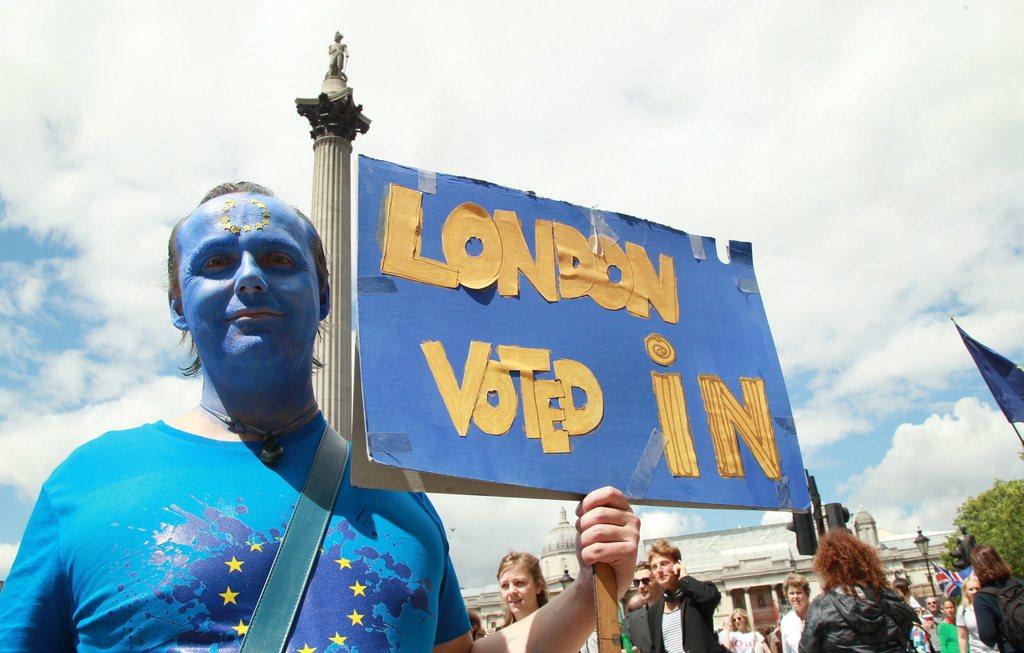
More
Brexit and the Swiss connection – a guide
Following feverish negotiations and federal funds, Switzerland managed to eventually hang on to its places via a ‘partial agreement’ with the EU (see infobox below). But it has until the end of the year before this temporary accord runs out.
Swiss tribulations
The impact of these abrupt changes has been considerable, say officials.
“It’s meant uncertainty about the future, reduced participation in research programmes, more difficult administration and it has almost completely killed the ability of Swiss partners to take a coordinating role in European research programmes,” said Michael Hengartner, rector of Zurich University and president of swissuniversities, the body which oversees Swiss higher education establishments.
According to the State Secretariat for Education, Research and Innovation (SEFRI), over the past two years the share of Swiss research projects in European programmes has fallen from 3.2% to 1.8%. The drop is even bigger for Swiss-coordinated projects: down from 3.9% to 0.3%.
Jean-Luc Barras, head of the Swiss National Science Foundation’s International Cooperation Division, said uncertainty, especially within European research consortiums, was the main problem.
Over the past two years consortiums tended to believe that having a Swiss researcher on board was a drawback, as they fear the person may not get funding or may negatively influence an evaluation, he explained.
To ensure continued participation in Erasmus+, the Swiss government stepped in financially to the tune of CHF72 million ($75million). The numbers of students taking part has picked up after a slide in 2014, which hit mostly professional training and further education. But they have not returned to the previous levels.
To regain full association status with the EU and end the highly damaging exclusion from some EU research agreements, the Swiss must jump through several hoops. In March of this year the government announced it had agreed with Brussels on a treaty extending the free movement of people to Croatia, which had been on hold for two years.
While the protocol signing sends a positive signal to Brussels, a majority of parliament still has to back it – the House of Representatives said yes on April 26. The EU remains clear, however: only when the Croatia protocol comes into effect can Switzerland regain full association – and access to full funding.
The Swiss cabinet has said it will only ratify it once a definitive solution is found regarding the free movement of persons between the EU and Switzerland.
Swiss scientists are hopeful a way can be found out of this mess, but the matter could drag on next year.
Brexit impact
Seen from afar, Brexit opponents view Switzerland’s tribulations with concern, arguing that the UK may find it hard to leave the EU while retaining access to key programmes in research and student mobility.
Gaétan Lagger, SEFRI’s interim head of international cooperation, said he fully understands UK scientists’ worries: “Competitiveness is in danger and there is a risk of marginalisation.”
But he added that if there was sufficient financial, political and ideological interest, solutions could be found for international exchange programmes.
Barras, meanwhile, felt a Brexit could quickly have a negative impact: “People are very mobile and science is linked to reputation and having the best people and best discoveries and publications. Being part of the European research area and being fully active via the framework programme can prevent this.”
The absence of UK scientists would have a wider knock-on effect for international research, lowering the overall level, he added.
Hengartner was more circumspect. In the event of a Brexit, there is no reason the UK could not move from being a full EU member to being an associate country, like Switzerland used to be before 2014, he commented.
“As an associate country you have many of the rights as full members so the question will be how quickly you can negotiate membership. I assume both sides would want that. Switzerland lived quite comfortably with associate country status. But you are not part of the decision-making bodies,” argued the Zurich rector.
And a country like the UK could find the transition much harder.
“I’m convinced their leadership position will be threatened by a Brexit, just like our leadership position has been following the February 9 vote,” said Hengartner. “But what does this mean? Will the University of Cambridge fall from being number one or two to being number 200 in Europe? No. But it’ll be a bit like being in a boxing match with one hand tied behind your back. You’re still competing but it’s much, much harder to win.”
Under the current partial association agreement, researchers in Switzerland can participate as equal partners in the first pillar of Horizon 2020, called Excellent Science, which is aimed at boosting European research and includes the prestigious European Research Council (ERC) grants. Switzerland will be contributing an estimated €400 million (CHF481 million) to these programmes until the end of 2016, according to the EU.
However, for the second and third pillars: Industrial Leadership and Societal Challenges, Switzerland remains a ‘third country’ in EU eyes, like the United States or Japan. This means scientists can still join European collaborative projects, but they will not be entitled to any direct EU funding for their part.
The compromise came into effect on September 15, 2014. After 2016, Switzerland will either be fully associated to Horizon 2020 or it will only be able to participate as a third country. This depends on the political process in Switzerland and negotiations with the EU.

In compliance with the JTI standards
More: SWI swissinfo.ch certified by the Journalism Trust Initiative










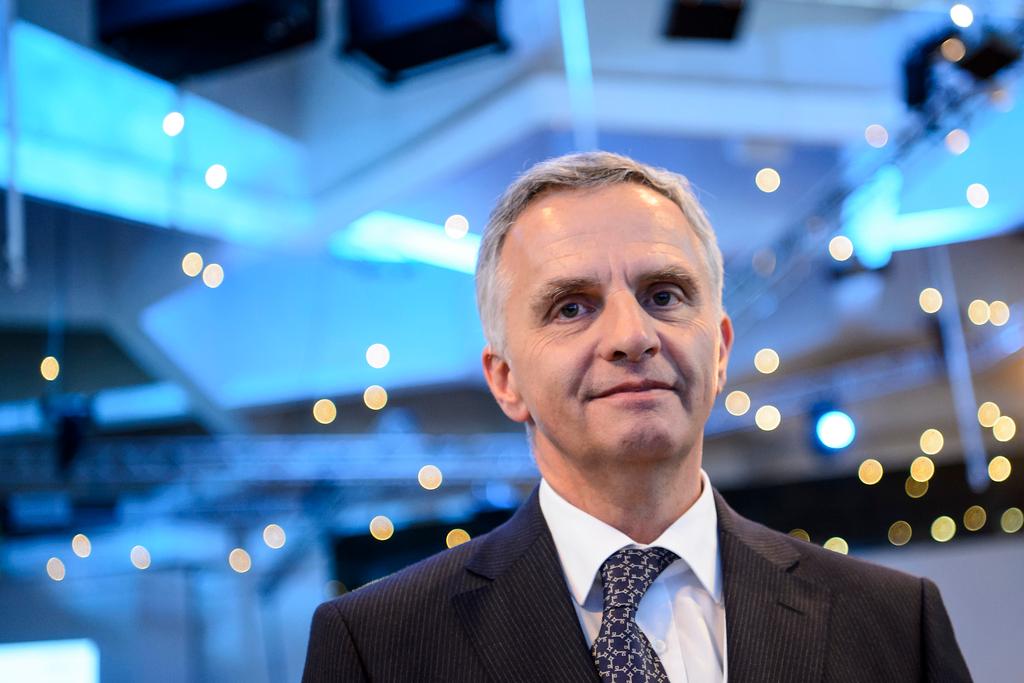
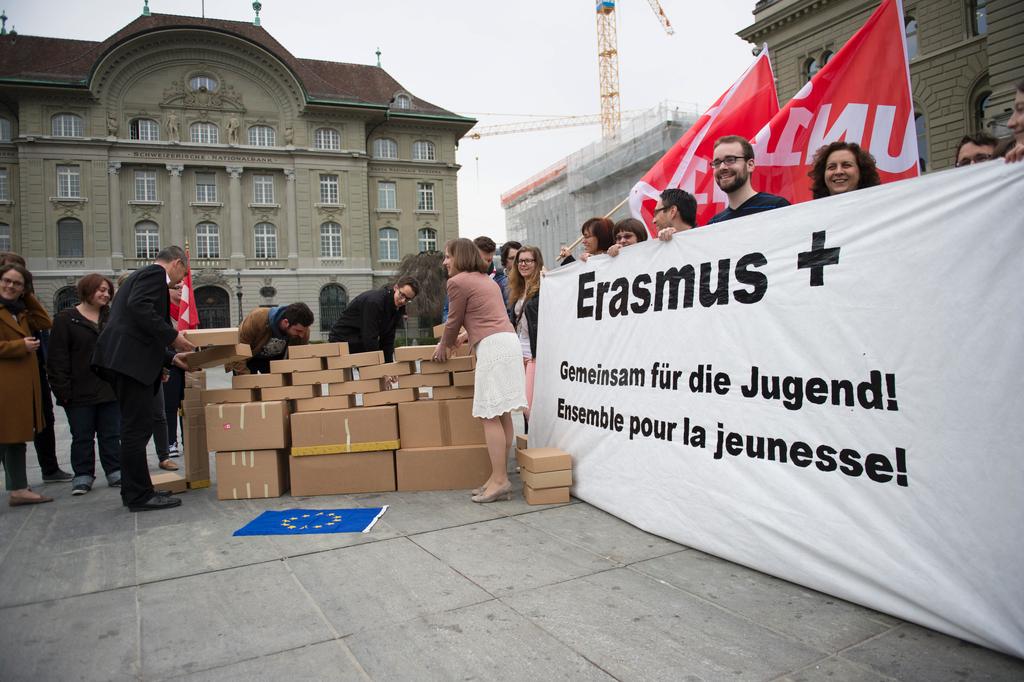
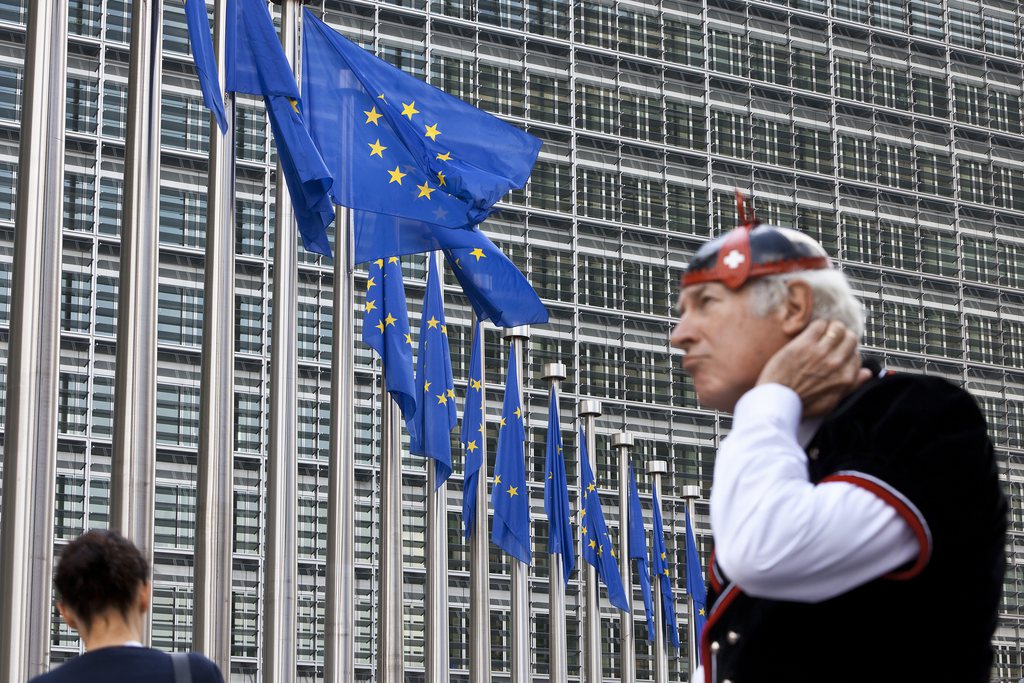
You can find an overview of ongoing debates with our journalists here . Please join us!
If you want to start a conversation about a topic raised in this article or want to report factual errors, email us at english@swissinfo.ch.